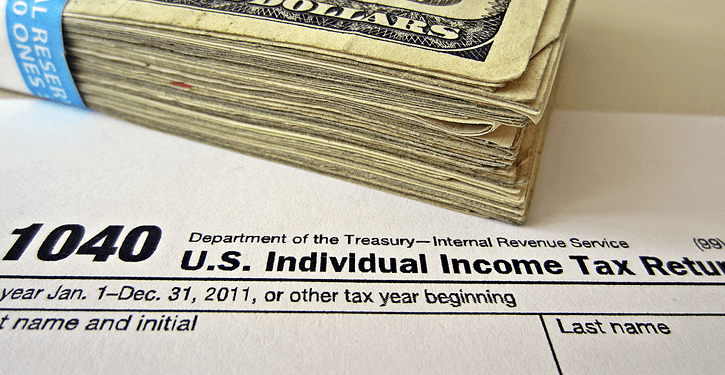The discovery of identity theft is bound to be one of the most anxious and stressful moments a person can experience. When an identity thief gets his (or her) hands on your personal information, they gain the power to wreak havoc on your finances, credit and reputation.
Minimize the chance that you will fall victim to an identity thief, and find out what to do if you suspect your identity has been compromised. Credit Sesame has created this guide to arm you with knowledge about how and when identity theft can happen, what the warning signs are, what prevention measures you can take, and what you can do to respond to identity theft in your life.
What is identity theft?
In simple terms, identity theft occurs when someone uses your personal information, such as your name and Social Security number, without your permission. You might think of identity theft as most often related to credit or banking. For example, a thief opens a credit card in your name uses it to make purchases. In reality, the scope is much broader, check out more about Fort Worth theft laws.
1. Tax- and wage- related identity theft

Image Source | http://bit.ly/2lirZOw
Tax- and wage-related fraud is the most common type of identity theft, accounting for 45 percent of all reported cases. Tax identity theft happens when someone steals your identity and files a fraudulent tax return in your name. Wage-related fraud occurs when someone uses your identity to earn and collect wages.
2. Financial identity theft
Financial identity theft is the use of your personal information for financial gain. The credit card example above is a good example. Fraudulent access to your bank account is another. The Federal Trade Commission estimates that credit card fraud and bank fraud account for 16 percent and 6 percent, respectively, of all identity theft cases reported annually.
3. Medical identity theft
A medical identity thief uses your identity to get healthcare. If you’ve ever received a doctor bill in the mail for treatment that you don’t remember getting, you could be a victim of medical identity theft. Medical identity theft not only leaves a stack of medical bills, it also causes incorrect information to be placed in your medical file.
4. Child identity theft
Children are often targeted by identity thieves. One reason is that children have clean credit files. They haven’t had a chance to let any bill go unpaid. So with careful use, a child’s identity is the ticket to a smorgasbord of credit. Also, in many cases the fraud is not discovered for many years, so the thief has plenty of time to fully leverage the stolen identity. Perpetrators are often relatives. Javelin estimates that in 2015, 1.2 million parents received notifications that their child’s Social Security number had been compromised.